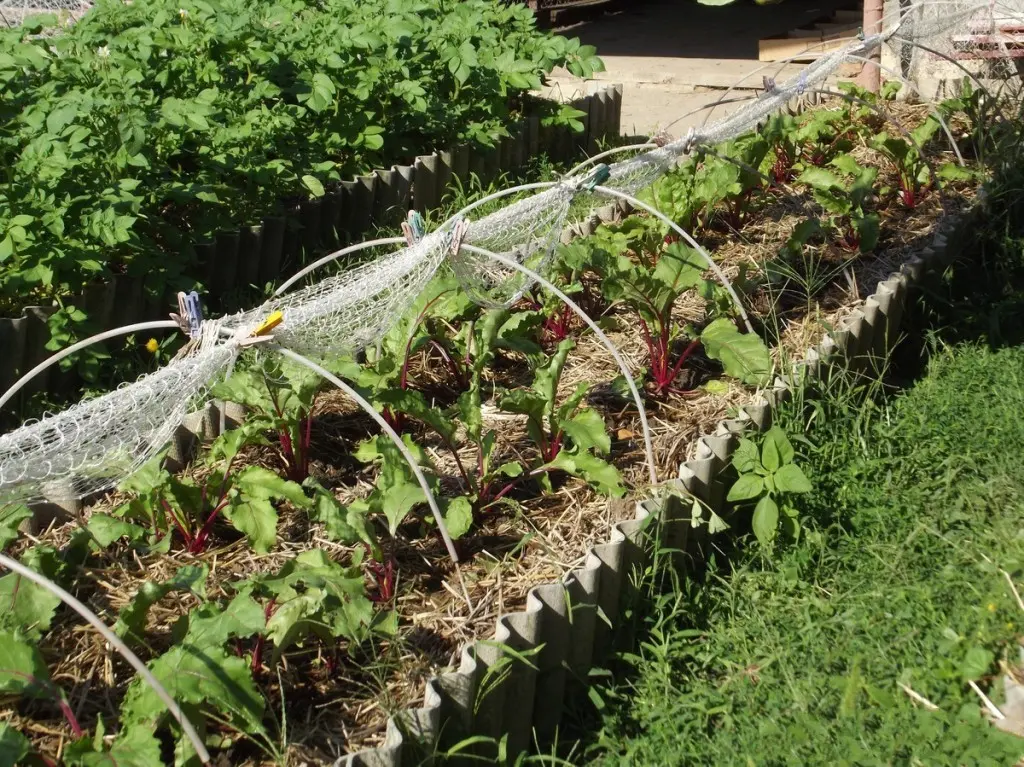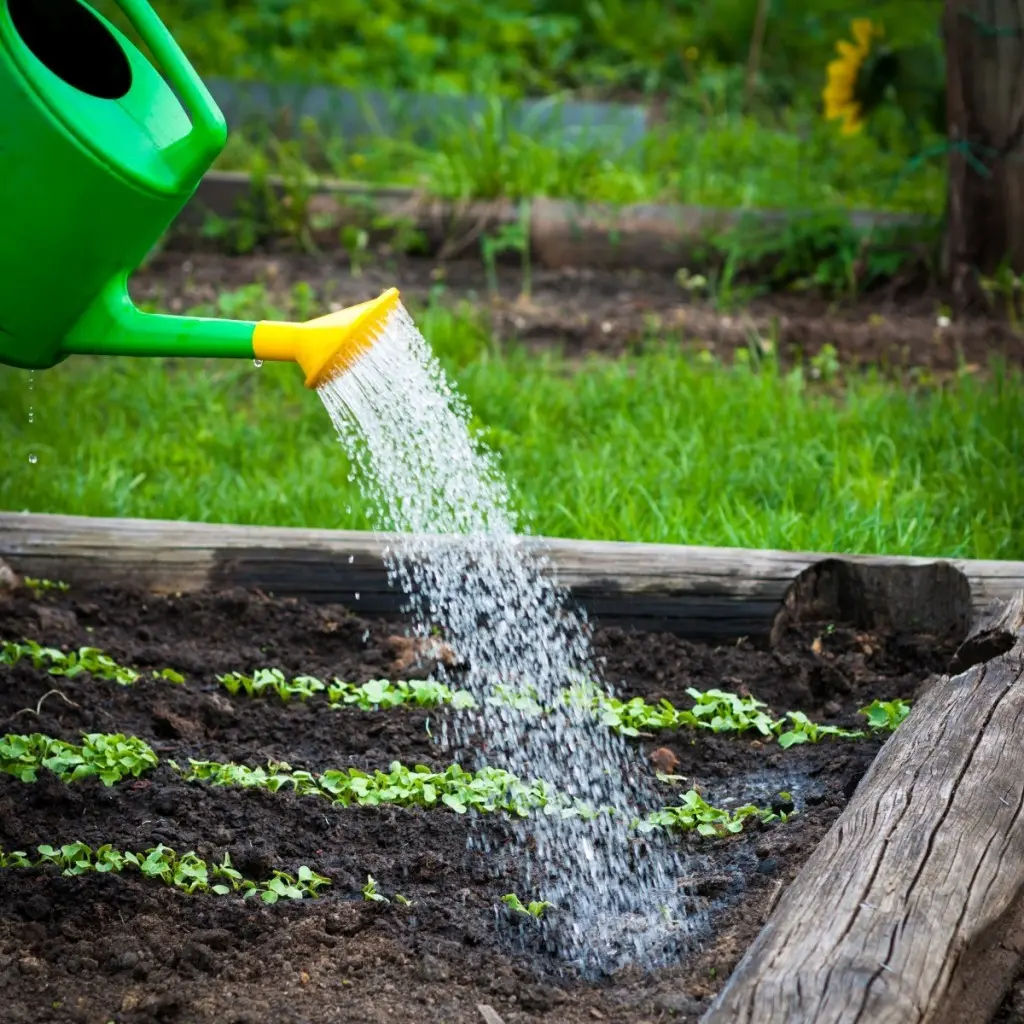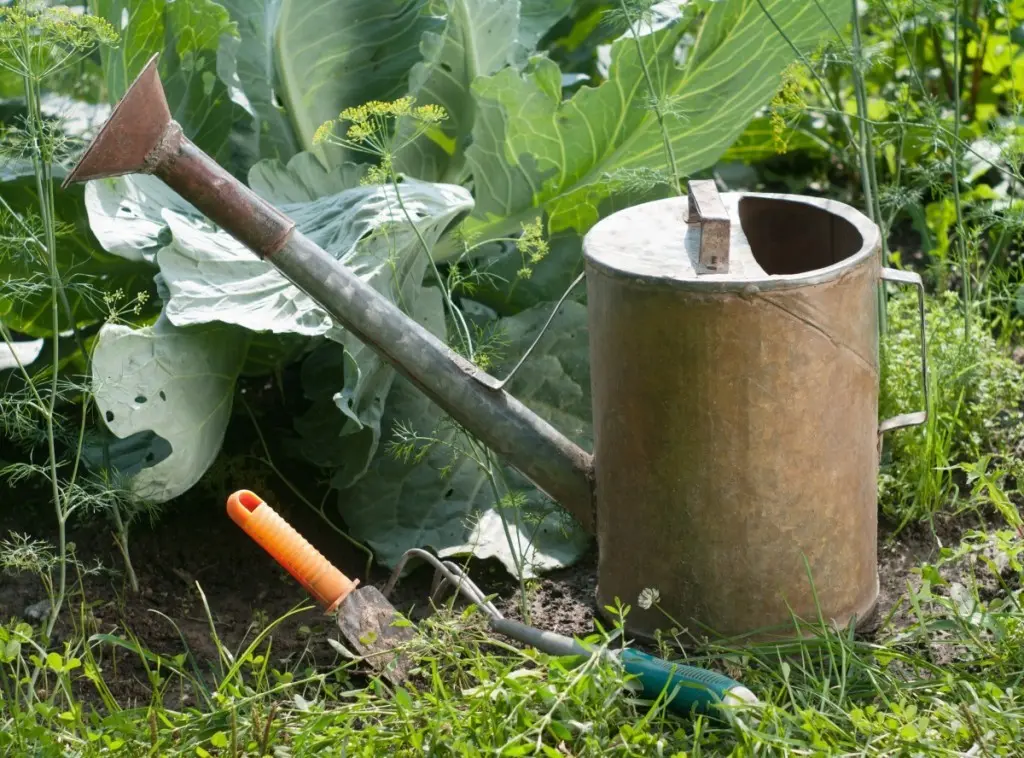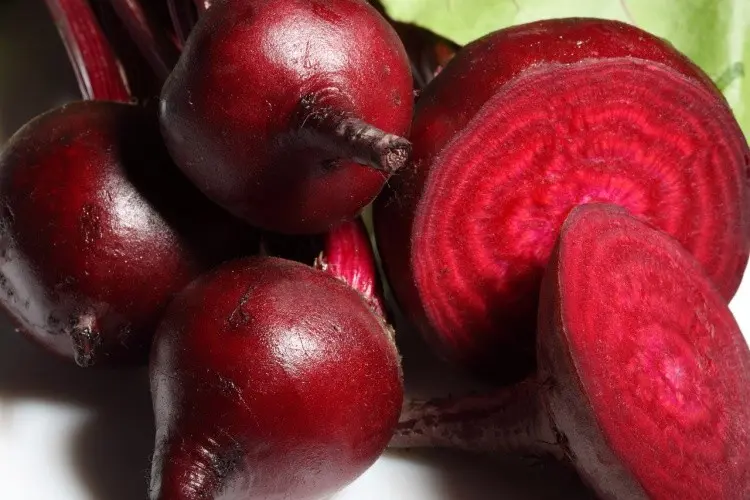

Conducted in a timely manner and according to all generally accepted standards, watering each vegetable crop has a good effect on the amount of the crop, which becomes several times larger. That is why many gardeners are interested in how often and how competently watering beets planted in their backyard should be carried out.
Watering Recommendations
Already when sowing beets, the soil should be as moist as possible so that the vegetable crop normally sprouts. And after that, it will be necessary to take care of regular watering. If your beets lack moisture, then, like carrots, they can grow very rough and straight wooden as a result. Thus, we found out that for normal growth and full development, beets need not only sunlight and heat in sufficient quantities, but also a good nutrient medium, as well as proper soil moisture – in order to get large and tasty root crops in season. Not a single summer resident will refuse to receive a double return of vegetables filled with vitamins at a fairly modest cost, which is why below we will talk about how to correctly water plants such as beets and carrots.

There are vegetable crops that are very fond of moisture in large quantities. But experienced gardeners know that beets, like carrots, do not belong to them. Since both crops need rare watering, which does not imply waterlogging of the soil. Only if this important condition is observed at the end of the season can we expect good fruiting from the plants.
Since both cultures quite economically consume the liquid that has entered the ground, even if someday you will not be at the dacha for about a week, beets and carrots can easily do these days without watering. Try not to over-water, which can make your vegetables watery and tasteless. At first, immediately after planting the beet, it is recommended to water it several times more than later, when it takes root. For sprouts, a smaller amount of moisture is needed than for adult plants. Already in early July, it will be necessary to water the beets, like carrots, with at least 15 liters of water per square meter.
There are no specific watering standards, the main thing is to control that all the earth remains sufficiently moist from the inside. Watering beets, as well as carrots, is advised about once a week.

How can you determine when vegetables need moisture? Stick your finger into the ground in the garden, and do it in several different places. In the event that the top few centimeters are dry, but then the ground is wet, then watering is not necessary yet. You can use a different method of checking – using a shovel, deepening the bayonet, and then looking at whether there will be wet earth sticking to it. If yes, then you are watering your garden correctly. Watering beets, like carrots, will be required when the earth from the garden turns out to be dry, just crumbly. Many gardeners make the mistake of watering the plot either daily or too little. In both cases, there will be a minimum of benefit for vegetable crops. Since with a lack of moisture in the soil, only weeds will be happy. If the beets feel a lack of moisture, then its tops will grind and become burgundy.
Thus, the correct watering of beets, like carrots, is not only a responsible matter, but also quite delicate. It is important to observe a reasonable measure in order to end up with a decent harvest of your favorite root crop. As the experience of many gardeners shows, certain recommendations can be given for the implementation of competent watering. When starting it, water the plants so that moisture gets on the bed itself, and does not spread over the tops. If you follow this, then the water will certainly fall into the soil. In this way, you will help crops to avoid possible infection with dangerous fungal infections.

If you hold a deep conviction that you need to water your vegetable crops daily, then we hasten to notice that in this case your plants will not be able to get more moisture. On the one hand, it seems to be paradoxical and illogical, but on the other hand, it is very simple to explain all this.. Water from the surface of the earth can evaporate relatively quickly, while the roots do not have time to feed on it. Therefore, as mentioned above, experts strongly recommend watering the site less often, but with a fairly large amount of water.
As for the summer period, these days beets, as well as carrots, require watering a little more often, and this is natural. The best time to water on hot days is in the evening. This can be easily explained – it is at night that the main part of the liquid will fall directly into the soil and will be able to bring tangible benefits to the plants, and will not evaporate, as during the day. As for the cooling period, then the watering time should be moved to lunch or morning. In this way, you will help your root crops avoid unpleasant root rot. Not all gardeners can constantly come to their own personal plot and carry out timely and correct watering of planted vegetable crops. Therefore, the creation of mulch in the garden has proven itself well. If she is present on the site, then even under conditions of extreme heat, your plants will be able to wait a week before your next arrival.

Another exciting moment for many gardeners is watering root crops with water and salt. Many believe that such spraying has a beneficial effect on the formation of excellent taste qualities of vegetables. Experts question this method, because they believe that salt in the soil structure can disrupt the normal water-salt balance. In the southern regions, they even carry out a merciless fight against soil salinization. However, some summer residents successfully use salt irrigation, and believe that, within reasonable limits, it brings its share of benefits. In any case, you will have to decide, planting beets and carrots in your own garden from year to year, and accumulating personal knowledge and invaluable experience.
Video “How to grow delicious beets”
Learn how to grow tasty, ripe, and healthy beets and how to properly water in this gardening tips video.
Author: Svetlana Galitsina
Loading…









